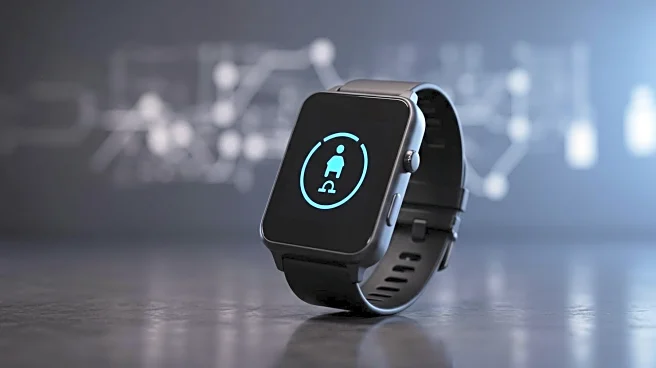What's Happening?
A study from Leiden University reveals that smartwatch stress sensors often provide inaccurate readings. Researchers compared data from Garmin Vivosmart 4 smartwatches with user-reported stress levels, finding little correlation. The study highlights limitations in wearable technology, as sensors may misinterpret physical activity or emotional states. Despite advancements, smartwatches struggle to accurately measure stress and fatigue.
Why It's Important?
The findings raise questions about the reliability of wearable technology in monitoring health metrics. As consumers increasingly rely on smartwatches for health insights, inaccuracies could lead to misguided decisions. This study may prompt manufacturers to improve sensor technology and algorithms, enhancing the accuracy of health data. It underscores the need for users to critically evaluate wearable data and consider multiple sources for health assessments.
Beyond the Headlines
The study suggests ethical considerations in the marketing and use of wearable technology. As devices become more integrated into daily life, transparency about their limitations is crucial. The potential for misinterpretation of health data calls for responsible communication and user education. This development may influence regulatory standards and consumer expectations in the tech industry.









